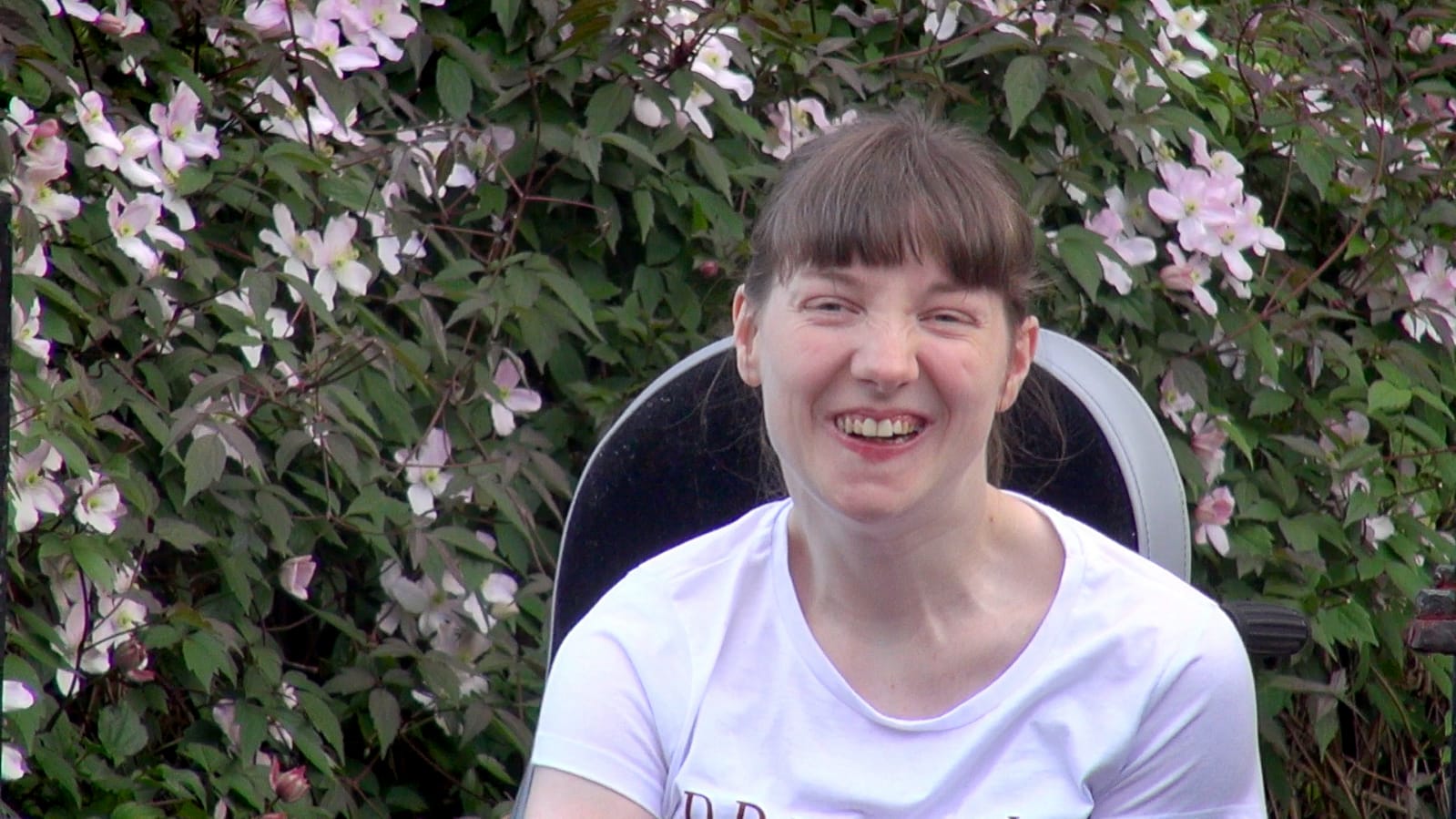Cerebral Palsy Scotland volunteer Bernie Hunter writes about the impact that Covid-19 restrictions have had on disabled access to public spaces including pavements, shops, bars and supermarkets.
As the Covid-19 restrictions start to ease and things are becoming a bit more normal again I have been finding out about how the access world has changed slightly for people who use mobility aids, since the start of the Covid-19 rules. In this recent study, I will explain what the differences are when it comes to accessing places compared to pre-lockdown.
Over the past 16 months, life has looked a lot different for us all. We have had to get used to changes due to the pandemic. The restrictions were brought in to try and slow the spread of Covid-19 which was the right thing to do as everyone’s health has to come first. As the virus started to get under control, the hospitality industry was allowed to open but only to operate outdoors. This resulted in a lot of businesses having to set up tables and chairs outside their pubs and restaurants for customers. It was the only way that they could open. While this was all a better environment for people to be in, it wasn’t always the best set up for everyone.
People who use mobility aids have noticed a big access change when they are out and I’m not talking about places having disabled access – I’m actually talking about when someone in a wheelchair or a walker tries to go along a pavement. Most pubs have set up beer gardens right outside their venues which sometimes can mean that the table and chairs are directly on the pavement, not leaving enough space for mobility aid users to get by. Unfortunately, these changes have not been a plus for people with access needs. Although customers are apologetic (it isn’t anyone’s fault that there is obstructions) but this leaves the wheelchair or walker user feeling embarrassed that they have had to ask someone to move to let them past.
There has been changes in shops due to the social distancing requirement, some stores have made the aisles wider- this has benefited people who use wheelchairs as there is more room to get around the shop. This is a welcome change, but it isn’t like that in every store, some places have cut down floor space to allow social distancing to happen by putting up screens and barriers.
Parking has also been a problem for blue badge holders- the accessible parking bays are located near to the shops entrance but due to stores having to introduce a ‘queuing system’ and making sure social distancing was in place, a lot of shops blocked off their disabled bays to let more people queue. This left people with access needs with no choice but to park a bit away from shops.
Let’s talk a bit about how access has changed in eating places. One restaurant has unfortunately blocked off their accessible ramp and side entrance so that they can have a beer garden. This means people who use mobility aids don’t have suitable access into the restaurant. The venue has bought a portable ramp since, but it is very steep and dangerous… resulting in making customers nervous and requiring assistance to use it.
Considering the restrictions, everyone is more understanding that changes were needed to make places a safer place when Covid-19 appeared but we should remember that all of the world still must be inclusive. Everyone has a right to access, nobody should be faced with challenges when out and about.
In a recent Cerebral Palsy Scotland Twitter poll, we asked if people noticed a change in accessing places since the Covid-19 restrictions started- 60% said yes and 40% said no.
Thank you also to everyone who responded to our Facebook request and shared their own experiences of changes to access during Covid-19 restrictions – you made all the difference to this blog.
